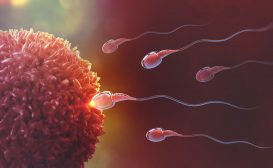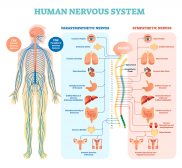Definition
noun, plural: chronobiologists
A professional or an expert in the field of chronobiology
Supplement
A chronobiologist is one that is an expert or a professional in the field of chronobiology. Chronobiology is a branch of biology concerned with biological rhythms (e.g. circadian rhythms, diurnal rhythms, ultradian rhythms, and infradian rhythms). Chronobiology encompasses other fields of study such as anatomy, genetics, physiology, and behavior. Understanding biological rhythms is essential in predicting physiological and behavioral patterns of a biological system.
Jürgen Walther Ludwig Aschoff, Erwin Bünning, and Colin Pittendrigh were biologists that founded the field of chronobiology.1 Jürgen Aschoff coined the term zeitgeber, which is defined as an external or environmental cue that helps regulate biological clock that drives biological rhythms. Examples of zeitgeber are light, temperature, behavior, etc. These external cues have an effect on the biological clock of an organism. When zeitgebers are involved, it is described as endogenous. Erwin Bünning was known for his model for the endogenous circadian rhythms associated with plant photoperiodism. Colin Pittendrigh is regarded as the father of biological clock. One of his important works in the field of chronobiology was about the entrainment of circadian rhythm to light-dark cycles using Drosophila models. Other notable works in chronobiology are those done by the French scientist Jean-Jacques d’Ortous de Mairan who was the first to observe the circadian cycle in the 18th century particularly the nastic movement of plant leaves.
See also:
Reference(s):
1 Chandrashekaran, M. (1998). “Biological rhythms research: A personal account”. Journal of Bioscience. 23 (5): 545–555.







